September is National Suicide Prevention Month. It’s a good time to remember that suicide is preventable. Most people who attempt suicide don’t generally want to die—they want to stop feeling hopeless, overwhelmed, and in pain. That’s why it’s so important to reach out to people you’re worried about and help them get the support they need.
What are some warning signs of suicide?
- Social isolation – Pay attention when someone changes their social habits, stops attending social gatherings, or talks about feeling lonely.
- Behavior or personality changes – You know the people around you best. If they seem different or something feels off, check in with them.
- Giving away belongings – This can include money or prized possessions. Be mindful of the circumstance they’re in when giving away belongings.
- Talk of hopelessness – Listen to what people are saying. Do they sound hopeless and in despair? Some common phrases a person who is thinking of suicide might say include: “What’s the point? “Nothing matters.” “I can’t do this anymore.” “I only make things worse.” “I just want to end it all.” “I want to go to sleep and never wake up.”
- Mental and emotional health challenges – Mental health illnesses can increase risk of suicide if left untreated. Treatment for mental health conditions is available and does work.
What should I do if I’m worried about someone?
If you notice something is “off” don’t hesitate to ask the person if they are OK. It shows you notice them and care. Asking can uncover health issues or thoughts of suicide.
- Ask directly if they are thinking of suicide. Asking does not cause a person to act on those thoughts.
- Be available, listen with empathy, and offer hope.
- Check in regularly.
- Build a safety net of trusted friends, family members, trusted neighbors, and professionals like a therapist who can help provide support and intervene if someone feels unsafe. Make sure they’re aware of what’s going on.
- Offer to help the person safely store firearms, medications, and other substances (such as alcohol) until they are able to get help and are in a better place emotionally or until the crisis is resolved.
- Get help from professionals specializing in mental health or crisis interventions.
Call or text 988 if you’re struggling, thinking of suicide, or worried about someone. Trained crisis workers are available 24 hours a day, 7 days a week. It’s free and confidential. Trained crisis workers help people through everything—from everyday challenges to serious crisis situations. No situation is too small to call.
Learn more at https://liveonutah.org/. You can also take the free Live On Playbook to learn how to help someone who is struggling with thoughts of suicide. There’s also a playbook in Spanish and one for Veterans and military members.

